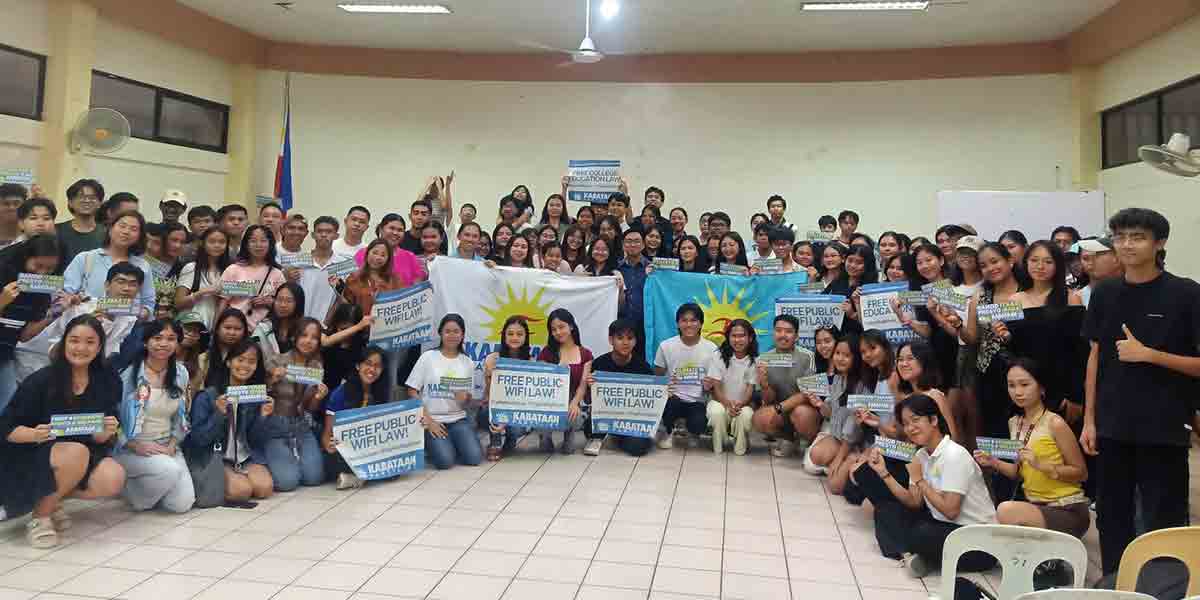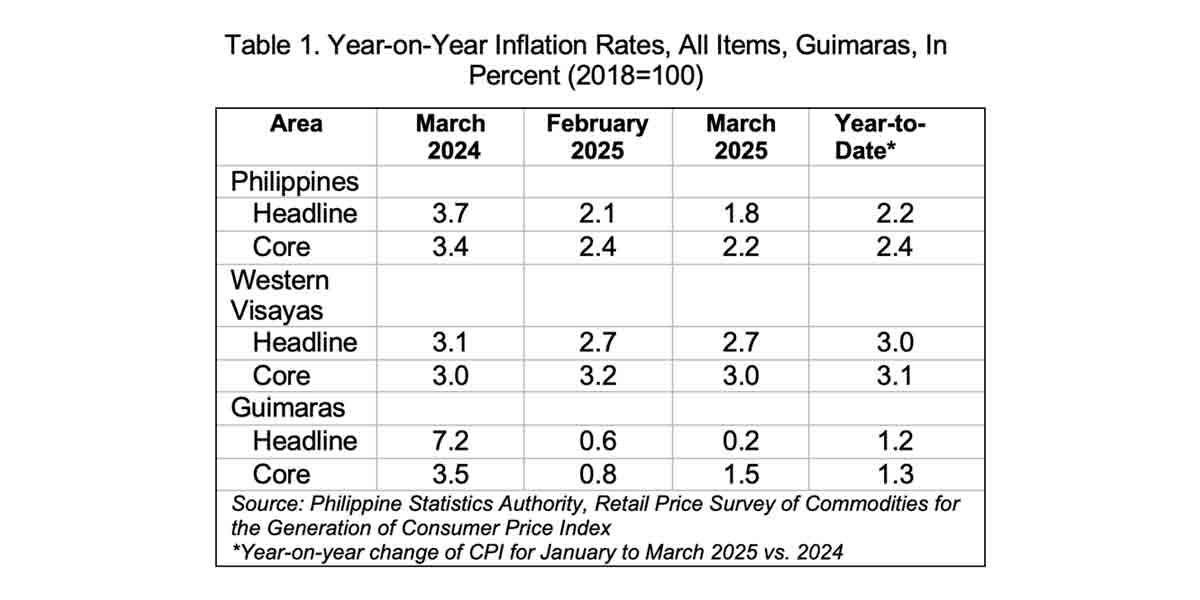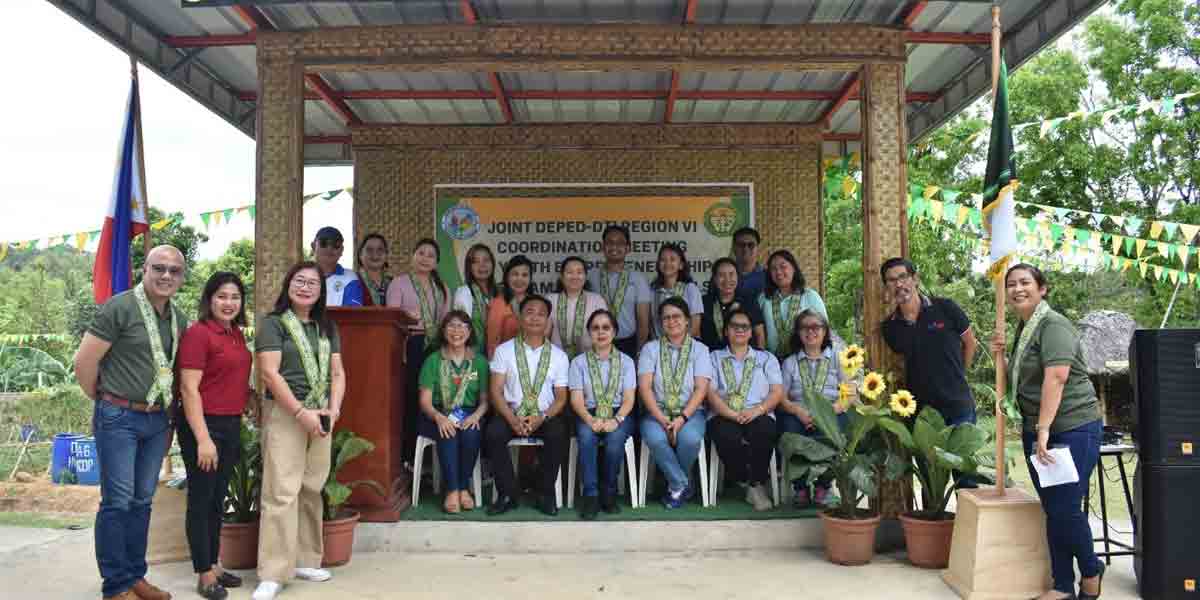By Francis Allan L. Angelo
The National Grid Corporation of the Philippines (NGCP) assured that it is acting to solve the lengthy queue of System Impact Studies (SIS) for power plant connections.
The SIS is a critical assessment that determines the capacity of the power grid to accommodate a new generator or power plant, and identifies necessary improvements such as additional transmission lines, transformers, or substations.
Due to the increasing demand for power generation in the country, the number of applications for SIS surged significantly.
The SIS backlog has affected approval and development of investments in the energy sector, prompting the national government to schedule a meeting for the energy virtual one-stop shop (EVOSS) steering committee.
The EVOSS meeting aims to firm up the 60-day approval time for SIS applications and speed up investments in the energy sector.
But NGCP said that historically, majority of the applicants do not push through with their initial plans, with only around 28% of completed SIS resulting in the establishment of actual power plants.
“Although 7 out of 10 SIS applicants will not actually pursue their power investments, we are obliged to fully evaluate each application when they are passed on to us by the Department of Energy (DOE). Accordingly, we have taken the necessary steps to expedite the process and improve its efficiency,” NGCP President and Chief Executive Officer Anthony Almeda said in a statement.
Almeda said one of the key initiatives is the expansion of the SIS team through hiring additional manpower. This will boost the capacity of NGCP and conduct more SIS studies simultaneously.
The company is also adopting a clustering approach for SIS, grouping together power plants with a common connection point or study area.
This clustering strategy aims to streamline the process and accelerate the evaluation of multiple projects, enhancing the overall efficiency and reducing the waiting time for potential power plant developers.
In addition to these measures, NGCP is in the process of outsourcing some aspects of the SIS process, pending the issuance of the accreditation process by the Energy Regulatory Commission (ERC).
This outsourcing initiative is anticipated to further augment the organization’s capabilities and expedite the completion of SIS for various power plant proposals.
Almeda pointed out that in more developed nations like the United States and the United Kingdom, the completion of grid impact studies typically takes more than three years.
“Other countries usually operate on a ‘first-ready-first-served’ basis. This strategy has been discussed with the DOE. It may be worth considering to depart from the first-come-first-served basis currently in place through EVOSS, in order to be faster and more efficient. Generation project proponents who are first in line for SIS are not necessarily first to be ready with complete requirements. In fact, many request for time extensions, which also contributes to the prolonged SIS processing time,” he emphasized.
The measures used by the NGCP to address the SIS backlog forms part of the company’s extensive plan to meet the country’s increasing energy requirements.
“Our company is a vital part of a much bigger energy landscape, with numerous roles and stakeholders. We take our functions and responsibilities very seriously, and continuously work towards a cohesive, centralized, and systematic approach to energy planning for our country,” Almeda said.




















